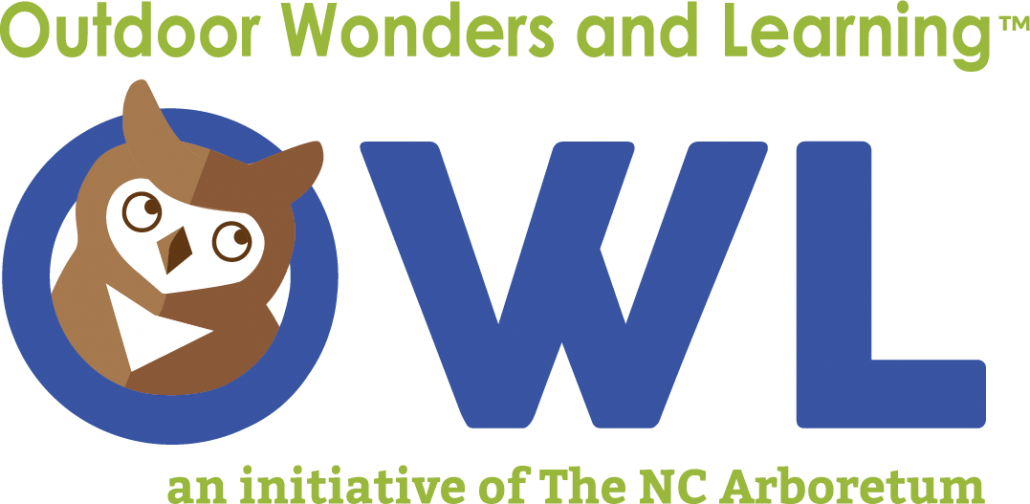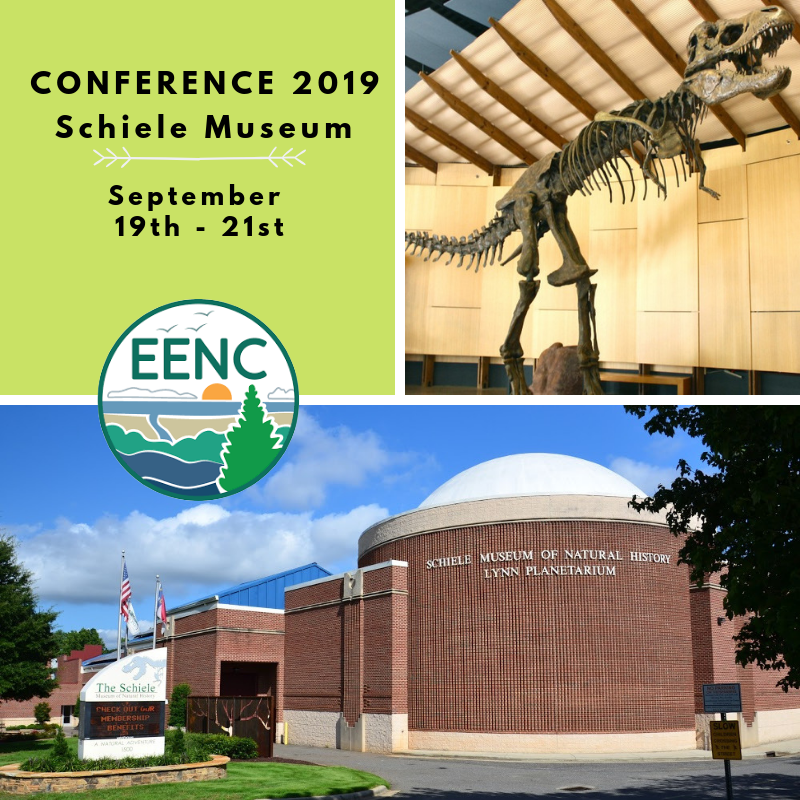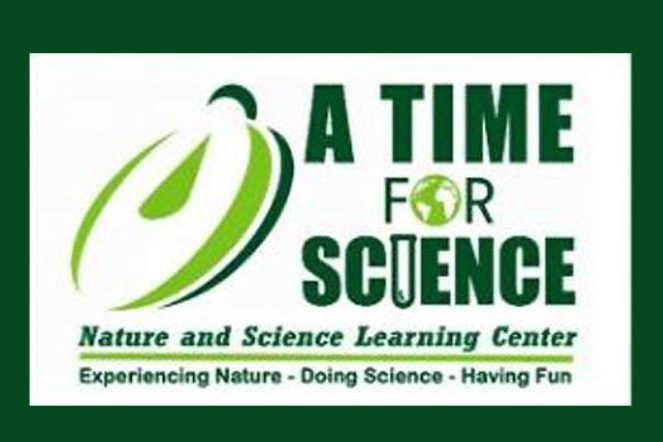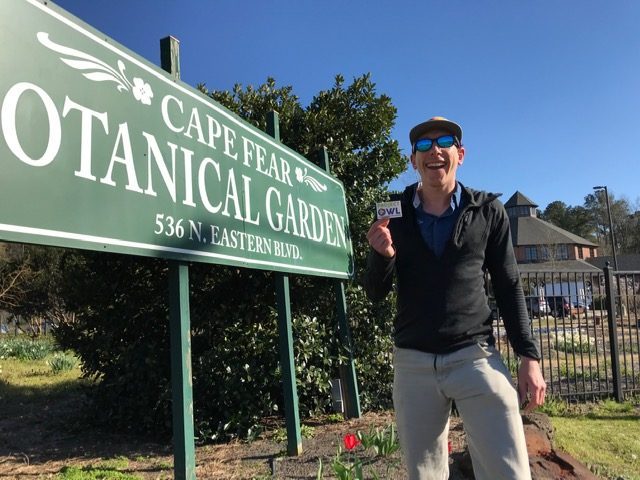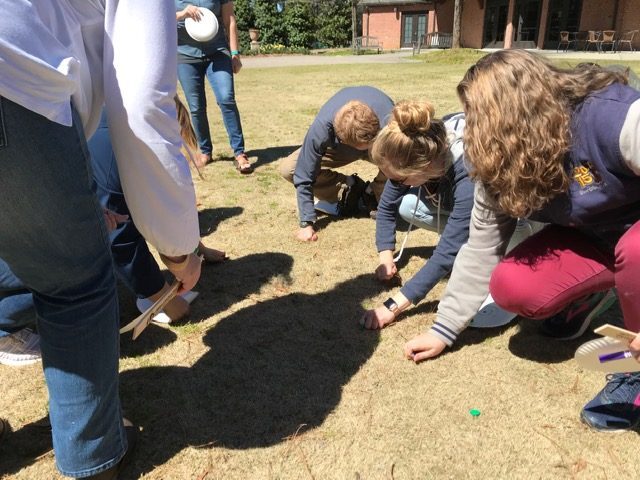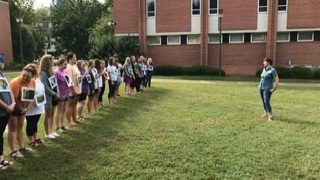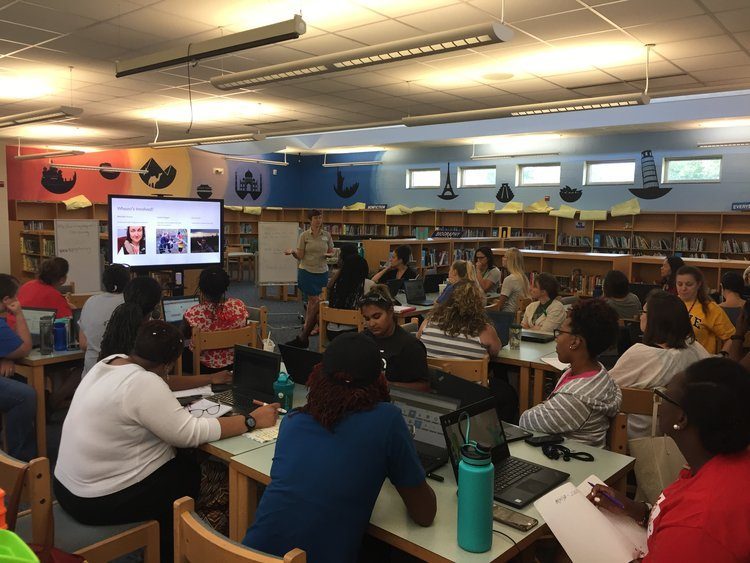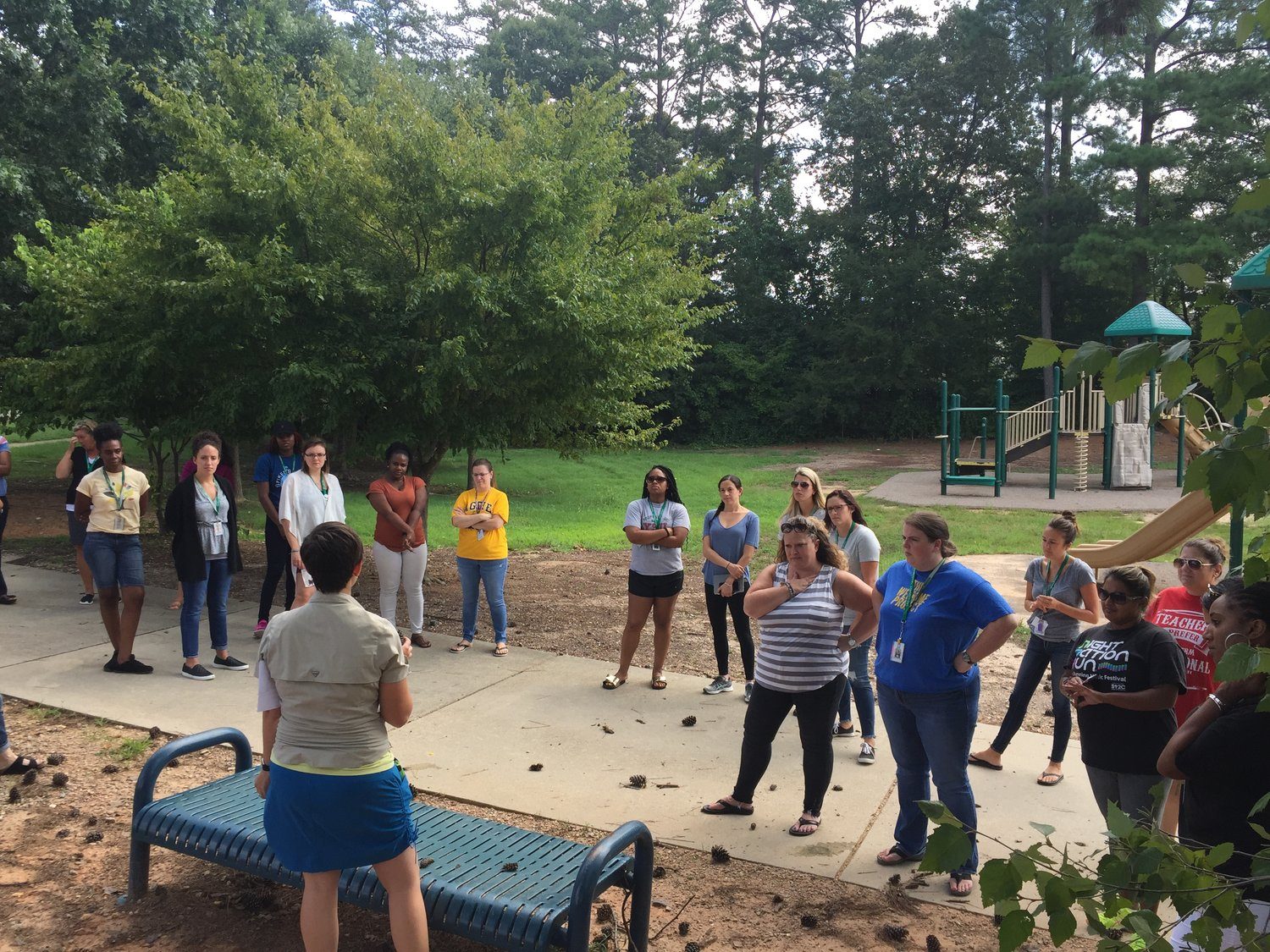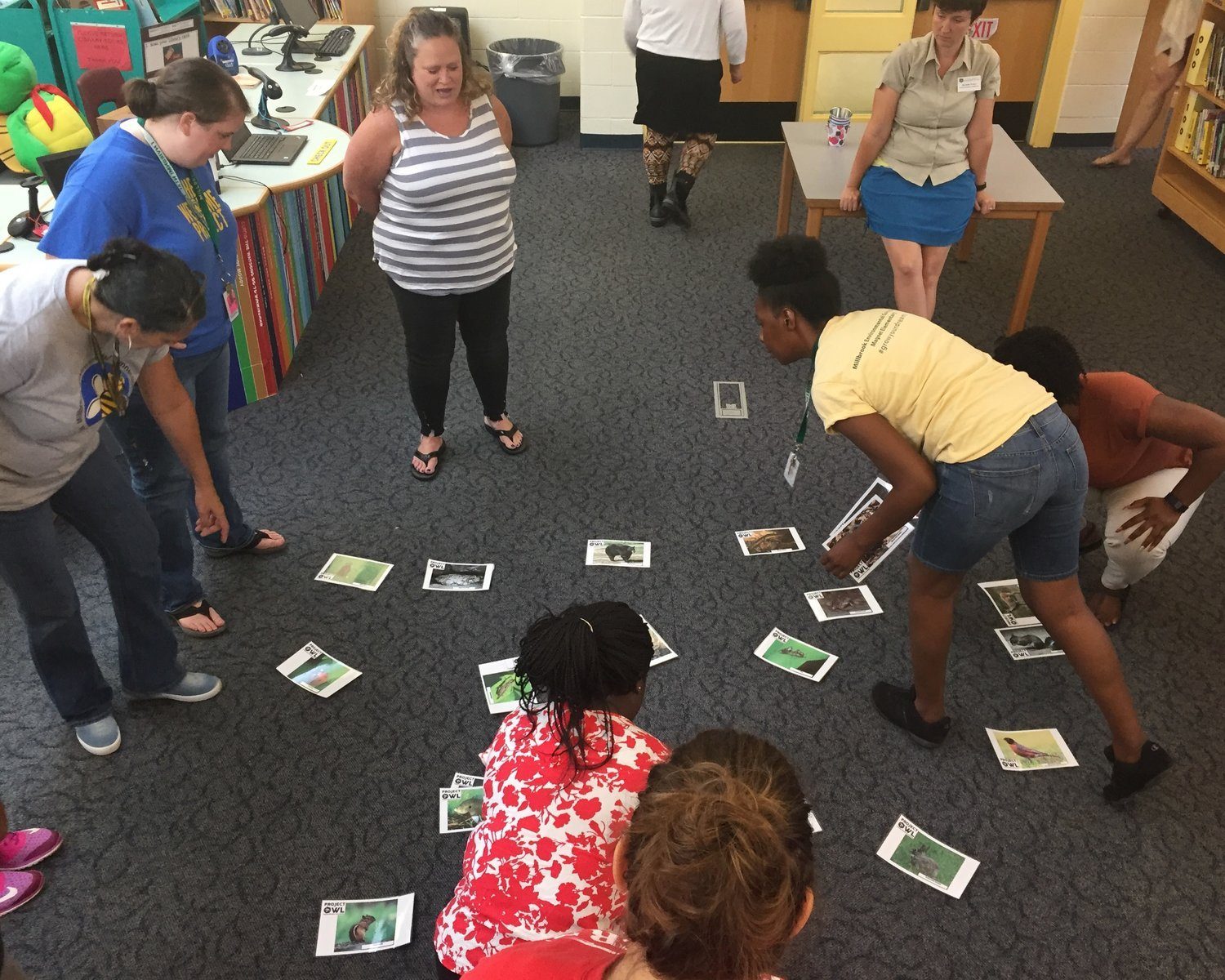2020 will bring a lot of big and much anticipated changes to the OWL program for North Carolina Educators. Coming in the new year you can expect to see new changes to the curriculum guide, a new website, and our first OWL facilitator training. These changes have been made possible with the state-wide expansion of the three initiatives of The North Carolina Arboretum: OWL, Project EXPLORE, and ecoEXPLORE, all funded by a grant from the North Carolina GlaxoSmithKline Foundation.
For starters, after a year of updates and redesign, a new version of the OWL guide is available right now! The updates are only Phase One of a three part process to make this guide as comprehensive and usable as possible. Phase One has focused on making sure all of the activities are written using the 5E Instructional Model and showing how each activity can be used as its own learning state of a larger 5E lesson. Look for the bright yellow labels under the OWL logo of each activity to know how to use it in your programs and lessons. The next two phases of curriculum updates will involve adding new activities as suggested by our 2019 Teacher Advisory Committee, and finally, finding new an exciting ways to provide Environmental Education activities that focus on the Physical Science standards for K-5 in North Carolina. We hope to have this new activities added throughout the coming year and anticipate these edits being much easier with our new website.
Speaking of which, OWL will be getting a brand new website this year! We’re excited to work with a local WNC business – Integritive, and while the new site is being constructed this current site will remain active, as well access to the guide in its current form. Once the new site launches (we’re hoping for early Spring), you’ll see features like search filters for the guide, a calendar showing dates and times of upcoming workshops, and a feedback section for the activities so you can share your edits and variations directly with other educators. This is a feature we’re particularly excited about because it will continue our goal of creating a learning community of educators who are sharing their knowledge.
And finally, 2020 will bring the biggest change of all – OWL will be training the first round of workshop facilitators! The workshop will be at the end of August (after summer camps and before school starts) at the North Carolina Botanical Garden in Chapel Hill. This will likely be a 10 hour training, but it is still in the development stages. We’ll be looking for six to eight educators from all around the state, who are familiar with the OWL curriculum, and willing and able to lead at least one workshop in their area each year. More information about registering for this training will be announced in Spring of 2020.
As we use 2020 to look back at how much OWL has grown and changed, we are also looking ahead to increased opportunities for Outdoor Wonders and Learning!
